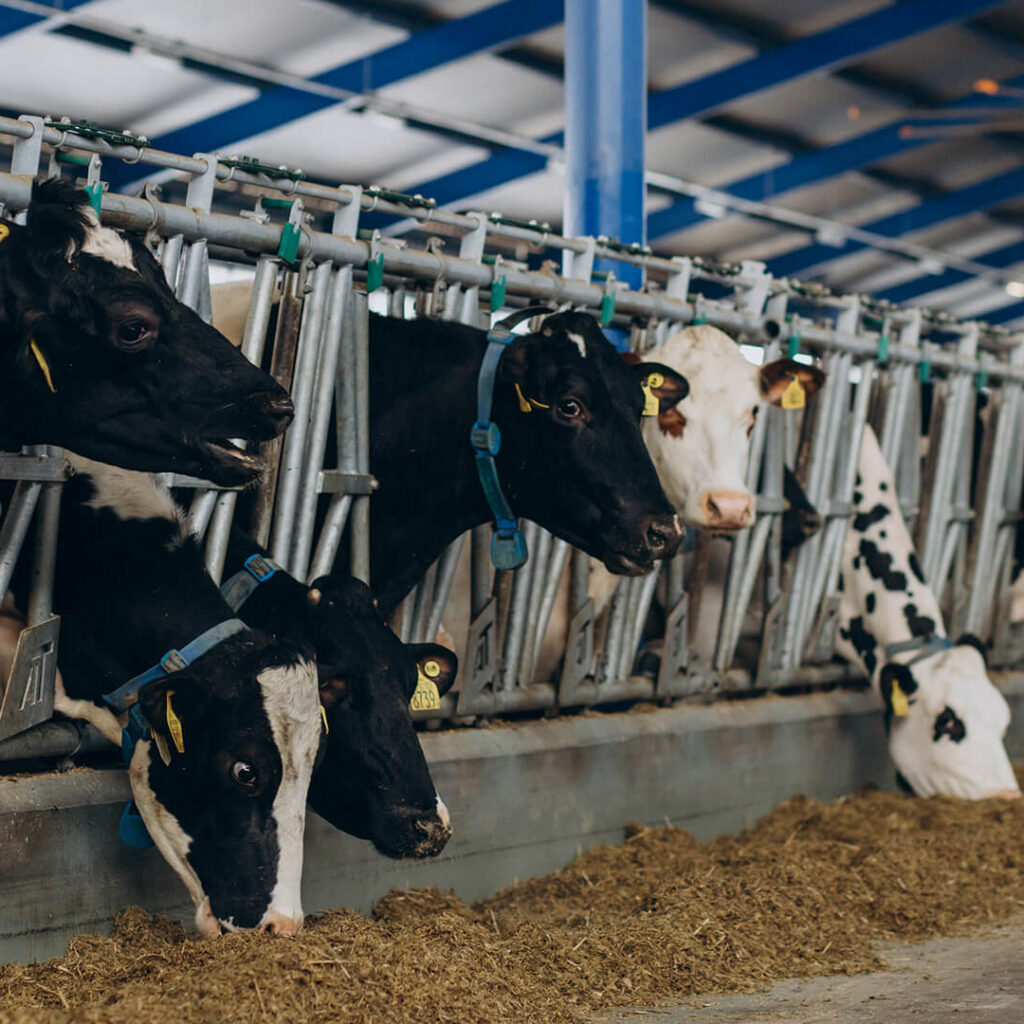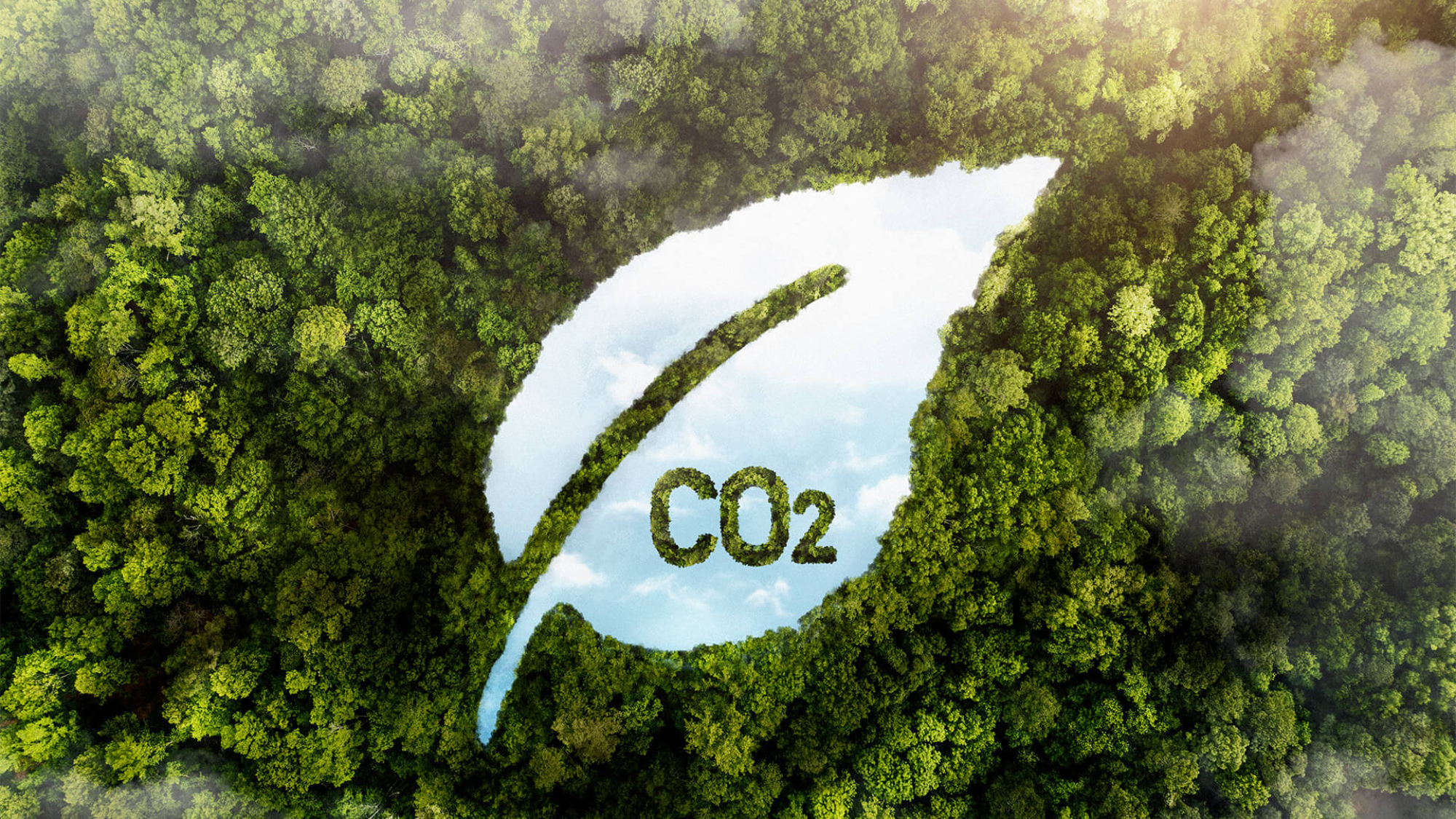Can a plant-based diet help combat climate change?
In recent years, the issue of climate change has become increasingly urgent, with scientists warning of dire consequences if we fail to take action. One often overlooked aspect of the climate crisis is the significant contribution of our food choices to greenhouse gas emissions.
In the United Kingdom, where food production and consumption play a significant role in the economy and daily life, adopting a vegan lifestyle can be a powerful way to reduce our carbon footprint and mitigate the effects of climate change.
The connection between animal agriculture and climate change is well-documented. However, it’s still not readily understood by the average person on the street. Livestock farming, particularly the production of beef and dairy, is a major source of greenhouse gas emissions, primarily methane and nitrous oxide.
These gases are released during the digestive processes of ruminant animals and the management of their manure.
Additionally, the deforestation and land degradation associated with animal agriculture further exacerbate its environmental impact, leading to biodiversity loss and habitat destruction

By transitioning to a plant-based diet, individuals can significantly reduce their carbon footprint. Plant-based foods generally require fewer resources to produce than animal products, resulting in lower greenhouse gas emissions per calorie of food consumed.
For example, growing crops for direct human consumption requires less land, water, and energy compared to raising livestock for meat and dairy. Additionally, plant-based diets tend to produce less waste and pollution, further contributing to environmental sustainability.
The benefits of veganism for the environment extend beyond greenhouse gas emissions. Plant-based diets also help conserve water, a precious resource that is increasingly under threat due to climate change and population growth.
Animal agriculture is a major water-intensive industry, with vast quantities of water required for livestock drinking, feed production, and waste management. By choosing plant-based foods, individuals can reduce their water footprint and contribute to the conservation of freshwater resources for future generations.
Our Environment
Furthermore, adopting a vegan lifestyle can help mitigate other environmental issues, such as deforestation, habitat destruction, and soil erosion. The expansion of agricultural land for livestock grazing and feed production is a leading cause of deforestation in many parts of the world, particularly in tropical regions. By shifting towards plant-based diets, we can reduce the demand for land-intensive animal agriculture and help protect precious ecosystems and biodiversity.
Our Health
In addition to its environmental benefits, veganism also offers numerous health advantages. Plant-based diets are rich in fruits, vegetables, whole grains, nuts, and seeds, which provide essential nutrients, vitamins, and antioxidants that promote overall well-being. Numerous studies have linked vegan diets to lower rates of chronic diseases such as heart disease, diabetes, obesity, and certain types of cancer. By prioritising vegan nutrition, individuals can improve their health while also reducing their environmental impact.
Transitioning to a vegan lifestyle may seem daunting at first, especially for those accustomed to traditional diets centred around meat and dairy. However, there are plenty of resources and support networks available to help make the transition easier. From vegan cookbooks and recipe blogs to online communities and social media groups, there’s no shortage of inspiration and guidance for those embarking on a plant-based journey.
Reducing our carbon footprint is essential for addressing the urgent threat of climate change. By choosing plant-based foods over animal products, you can significantly lower your greenhouse gas emissions, conserve water resources, and mitigate other environmental impacts associated with animal agriculture. Veganism offers a sustainable and compassionate solution to the environmental challenges we face, empowering individuals to make positive changes for the planet and future generations.
